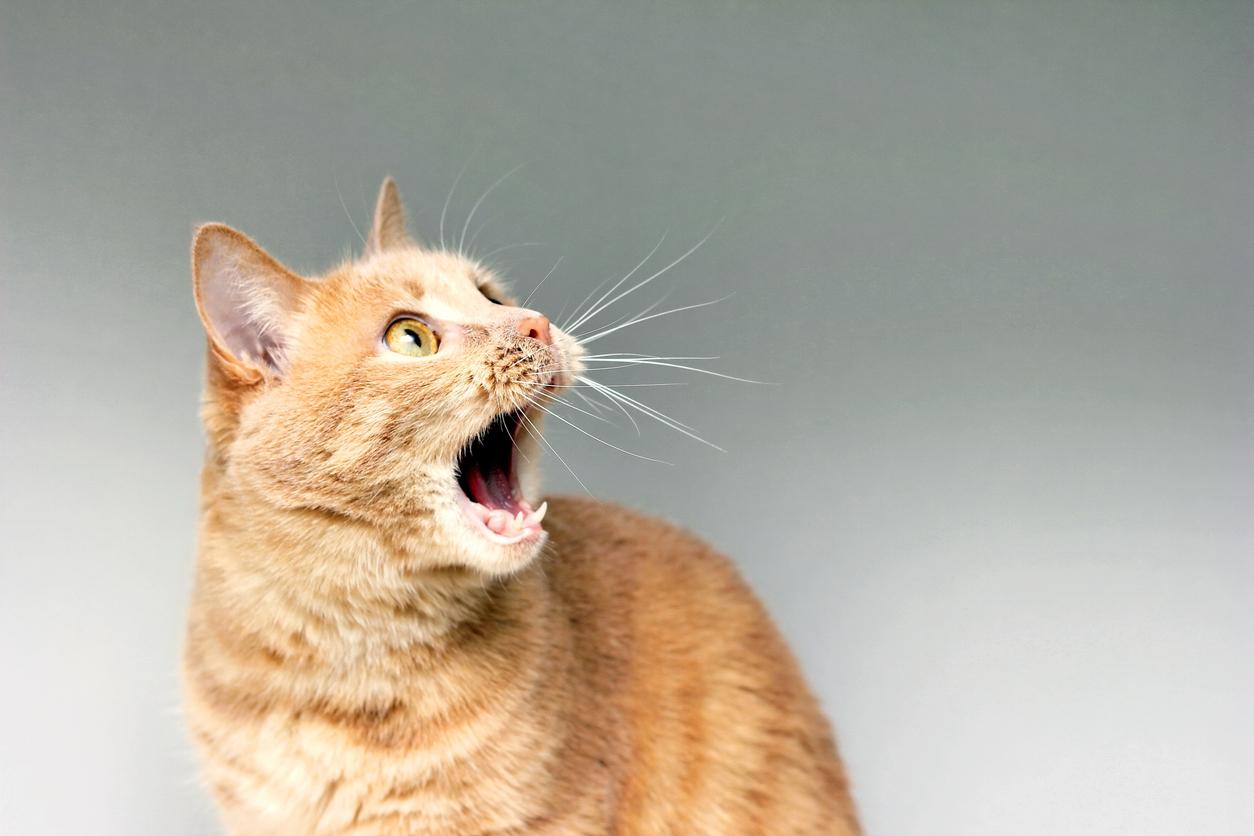Children who live with a cat are more likely to suffer from schizophrenia as adolescents.

- Schizophrenia is a psychiatric illness characterized by a set of very variable symptoms, the most impressive being delusions and hallucinations.
- “Today, appropriate care, combining pharmacological and psychosocial treatment, makes it possible to obtain lasting remission in a third of patients,” indicates Inserm.
- New research indicates that having a cat during childhood may significantly increase the risk of schizophrenia.
A new search indicates that having a cat during childhood can significantly increase the risk of schizophrenia.
Cat and schizophrenia: a risk more than doubled for young owners
To reach this conclusion, the researchers carried out a meta-analysis, a statistical technique that combines the results of several scientific trials.
To analyze all relevant studies without restriction of language or geographic location, the researchers queried several electronic databases covering publications from January 1980 to May 2023, including PubMed-Medline, Embase, CINAHL and Web of Science.
The researchers ultimately selected 17 surveys from 11 countries: Canada, Ethiopia, Egypt, Finland, France, Lebanon, Saudi Arabia, Tunisia, Turkey, United Kingdom and United States.
After cross-referencing the data, the researchers identified a strong link: individuals who had been exposed to cats for a period from prenatal development to age 25 had an increased likelihood of developing disorders related to schizophrenia. Specifically, the unadjusted odds ratio was 2.35. This indicates that the risk of developing these mental health problems was more than doubled for people who had lived with a cat compared to those who had never had this type of pet. This association persisted even after adjusting for various potentially confounding factors.
On the other hand, the relationship between owning a cat and psychotic experiences less serious than those linked to schizophrenia (hearing voices, hallucinations, etc.) has not been clearly established.
Cat and schizophrenia: new studies needed
“In conclusion, our research supports the existence of a link between cat ownership and schizophrenia-related disorders. Our field needs to generate new candidate environmental risk factors, particularly those that are potentially modifiable,” indicate the authors of the study.
“In this context, there is a need for more high-quality studies, based on large and representative samples, to better understand whether cat ownership can potentially modify the risk of mental disorders,” they conclude.

What is schizophrenia?
Schizophrenia is a psychiatric illness characterized by a set of very variable symptoms: the most impressive are delusions and hallucinations, often associated with social isolation and cognitive difficulties.
“Today, appropriate care, combining pharmacological and psychosocial treatment, makes it possible to obtain lasting remission in a third of patients,” noted Inserm.
















